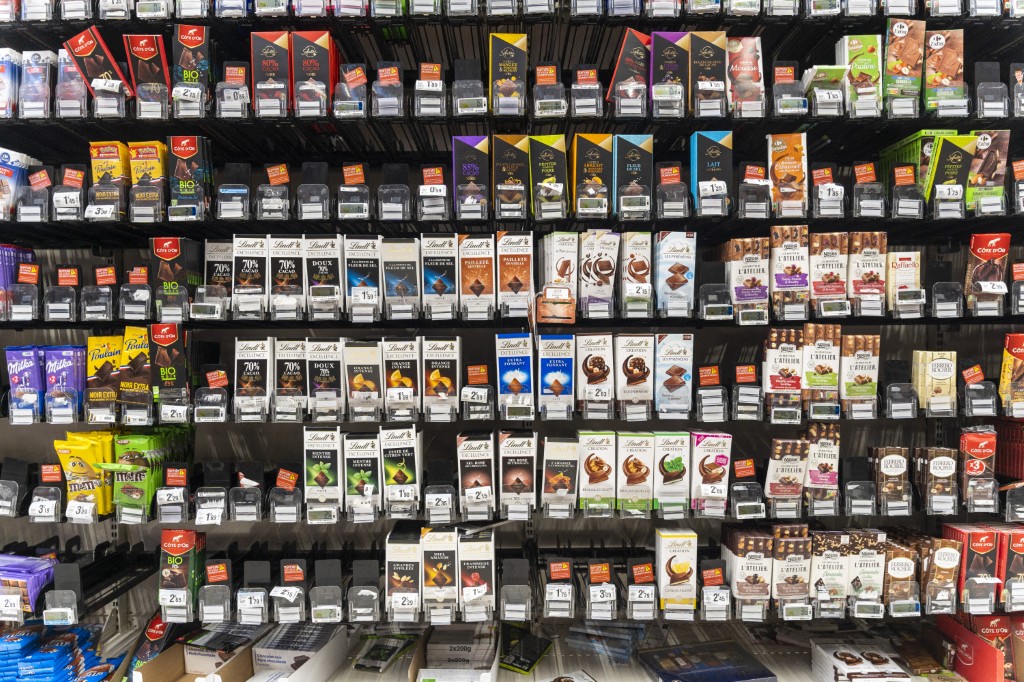Geneva, Switzerland – Faced with climate change diminishing farmers’ yields, Nestle announced Wednesday that it was working on a technique to produce chocolate by using up to 30 percent more of the cocoa fruit.
Its researchers have “developed a patented technique that leverages all parts of the fruit inside the cocoa pod”, it said.
Everything inside the pod is collected as a wet mass that then ferments naturally, “unlocking the key chocolate flavour”, Nestle said.
“The mass is then ground, roasted and dried into chocolate flakes which can be used to make chocolate without compromising the taste.”
Nestle said the approach cut down on waste while helping farmers get more yield and value.
“With climate change increasingly affecting cocoa yields around the world, we are exploring innovative solutions that could help cocoa farmers maximise the potential of their harvests,” said Louise Barrett, head of the Nestle research and development centre for confectionery in York, England.
“While this project is still at a pilot stage, we are currently exploring how to apply this innovation at a larger scale,” she said.
Heat takes toll
Cocoa prices had been stable for around 10 years but began to soar in early 2023.
A tonne of cocoa was worth £1,900 ($2,560) on the London commodities market in January 2023, shot up to £3,800 a year later, and reached a high of over £9,000 last December.
The surge was the result of poor harvests in the leading producers Ivory Coast and Ghana, as unusually heavy rains, a cocoa pod disease outbreak and then drought took their toll.
In February, a study by the Climate Central research group found that “excessive heat can contribute to a reduction in the quantity and quality of the harvest” for cocoa growers.
The report calculated that over the last decade, climate change had added an extra three weeks of above 32C in Ivory Coast and Ghana during the main growing season from October to March — above the levels considered optimum for cacao trees.
The surge in prices dampened demand while also pushing farmers to devote more resources to cocoa cultivation.
That allowed prices to ease in recent months, with reserves being built up for the first time in four years.
Since the beginning of 2025, prices have declined, and a tonne was worth around £5,600 on Wednesday.








